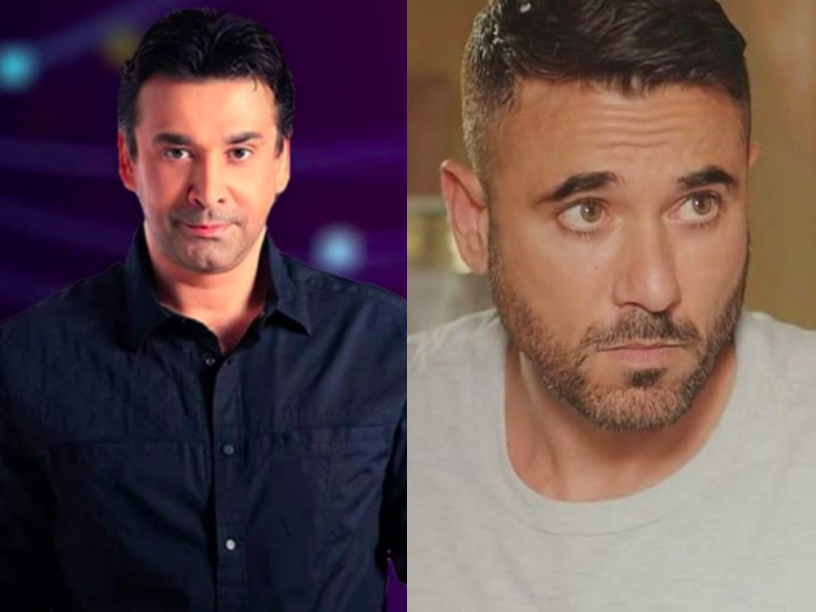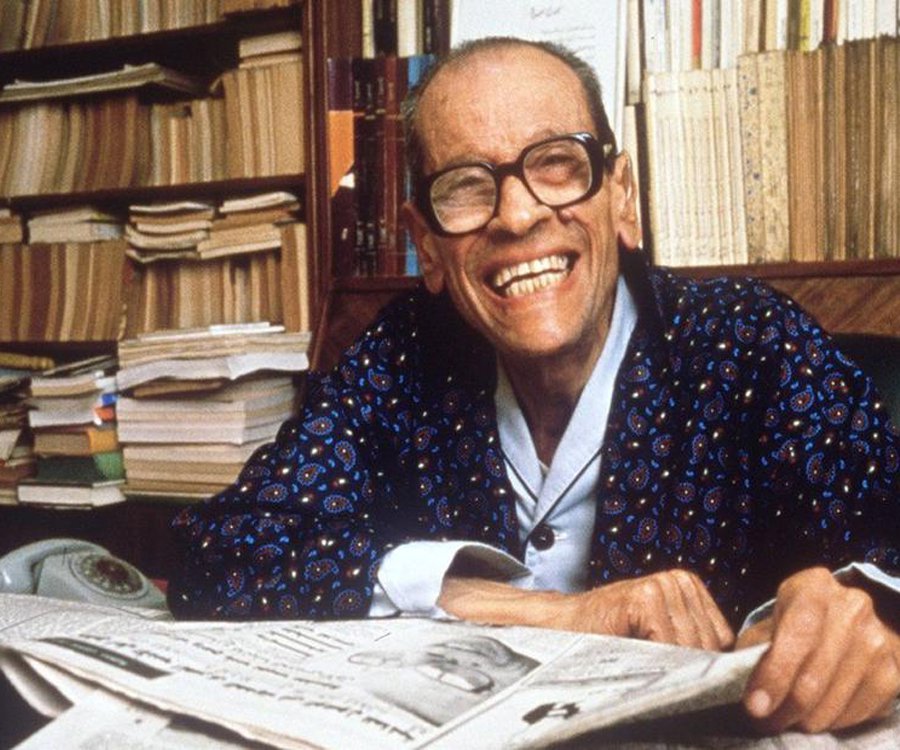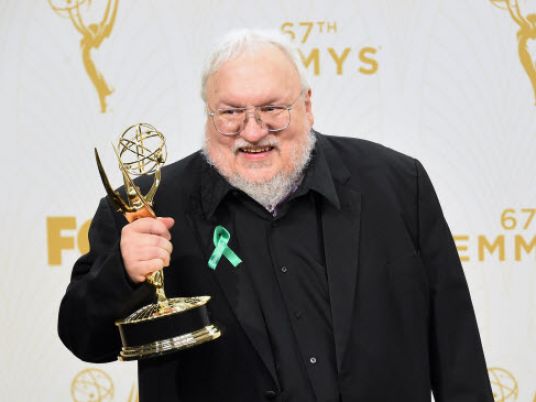Ahdaf Soueif
Soueif is the author of the bestselling novel “The Map of Love,” which was shortlisted for the 1999 Booker Prize. She is also an activist, essayist, cultural critic, translator and founder of the Palestine Festival of Literature.
Read lots and lots and lots.
Note down anything you feel is of interest that comes to your mind. Things vanish.
Write what you feel like writing and look at it a week later and see if it does what you thought it did. If it does, show it to a friend. If it doesn't, work at it again until it does.
Khaled al-Berry
Berry was shortlisted for the 2011 International Prize for Arabic Fiction (IPAF). His memoir “Life is More Beautiful than Paradise” explores his adolescent involvement in the Jama’a al-Islamiya.
Keep a notepad – always, always keep a notepad – everywhere, absolutely everywhere. You don't know when the brilliant idea might come.
If you have access to children, talk to them, invent stories and watch their reactions. You will learn what makes a story exciting. You will also learn to… be brave, which is the third thing you must do. Don't refrain from following a new line in the plot as it emerges. It might prove to be the key element in the story.
Use technology. Keynote or PowerPoint slides are very effective in organizing and editing the story.
Watch loads of movies. But read only good books. Bad ones ruin your taste.
If someone asks you for advice, give them general advice. Don't give away your special tips. I make an exception here because it's the first time I've been asked. So make use of this chance.
Miral al-Tahawy
Tahawy is the author of the IPAF-shortlisted book "Brooklyn Heights," as well as three other novels.
Writing is like a dream, a molten energy – just try to catch it before it escapes your memory.
Writing is a simple love – it is faithful to the honest and true-hearted, not to seekers of fame or fortune.
All ideas are stupid, unconvincing, unoriginal and worthless to start with – at least, that’s how they seem before you write them.
Writing that you postpone because the idea is incomplete will not be completed – it will simply vanish.
Don’t abandon a piece of writing before it is finished – once abandoned, it will not come back to you.
Writing gives rise to publishing, but publishing does not make a writer. Write a lot. And don’t worry about whether it will be published.
Khaled al-Khamissi
Khamissi is author of the celebrated and funny “Taxi,” translated by Jonathan Wright.
Fill your arsenal with whatever you like in the way of arts and fads, joys and sorrows, and tomes of writing and poetry. With your arsenal good and heavy, move on to the next step…
Empty your arsenal into your unconscious mind.
Wait for the right moment to start. Forge an opening between your mind and its subconscious as fine as a needle threaded to sew Chinese silk.
Don’t hasten the writing, let your thoughts come and go through this opening until the first letter sees the light.
Now open the breach to your wild side and vie with the heavens in your revelry.
Read aloud what you have written, rewrite it, and write it over and over again until you get used to the solitude.
Leila Aboulela
Aboulela was born in Cairo and grew up in Khartoum. Two of her novels have been longlisted for the prestigious Orange Prize, including her most recent novel, “Lyrics Alley.”
Put your work aside for a time in order to gain some distance and then read it again. You are very likely to find that it needs changes in some places, edits in others, or certain sections have to be further developed. Draft and re-draft. Give this editorial phase time effort and patience.
Never worry that readers will think that your characters are you. Once you start to care, you are self-censoring.
Write about what you understand but not necessarily know. Write with love and sharp eyes.
Hamdy al-Gazzar
Gazzar was born in Giza in 1970 and just made the cutoff for the Beirut39 project, which celebrated 39 writers under 40 in 2010.
Just read and read in all fields of knowledge, and give more attention to your favorite genre, especially the one in which you are trying to write.
Second, write seriously and write again.
Do not publish any text unless you like it. Work hard on your text and do not lose hope that you can achieve your goal; you can write a good text if you insist and believe in yourself.
Listen to all impressions of your work, but do not let them change your idea about yourself; everybody can tell you how to write a good text, but you should follow your own way, and nobody knows your writing more than you.
Mansoura Ez Eldin
Ez Eldin was IPAF-shortlisted for her “Beyond Paradise” and was also one of the Beirut39.
Being a writer means that you should always live with your eyes open wide to all the tiny details around you.
Everything you see, every person you meet, every tiny detail could be a treasure for your writing.
Think of the world around you as a subject of your writing. The world is a wonderland and you are Alice.
Rania Hussein Amin
Amin is the author of the award-winning “Farhana” books. She has advice for would-be children’s book authors, but the advice applies to grown-up fiction too.
Think about WHY you want to write children’s book. If the answer is “to guide children” or “give them good advice,” then you should think twice. If it’s “because I want to share with them some good stories,” then go ahead. Children need their books to be their friends and to feel that the character in the book is like themselves, with good sides and bad sides too. They don’t want him to be ideal. And they certainly don’t want to listen to preaching and advice. Two parents are more than enough.
We should definitely not be influenced by Western literature in our writings, because our culture is different, but at the same time we must not allow our culture to limit us or to force taboos. Write freely and offer the child different, maybe even shocking ideas. The child needs to be challenged and is attracted to new, rebellious ideas. He has enough of the familiar stuff around him.




